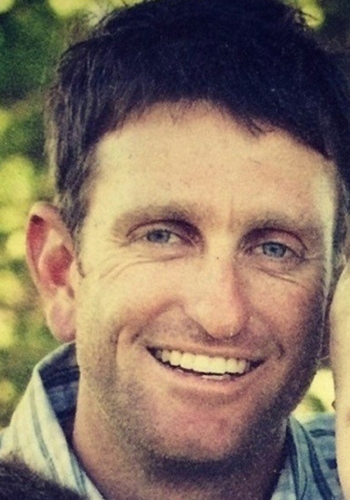About Us
The National Missing Persons Coordination Centre (NMPCC) is a non-operational arm of the Australian Federal Police (AFP). The NMPCC was established in 2006 to drive national coordination in response to missing persons in Australia, and to complement the investigative role of State and Territory police. Its mandate is to reduce the incidence and impact of missing persons in Australia and as a function of the AFP, the NMPCC is funded by the Federal Government.
History of the National Missing Persons Coordination Centre
The establishment of the National Missing Persons Coordination Centre (NMPCC) was a direct result of the recommendations out of the Inquiry into the Circumstances of the Immigration Detention of Cornelia Rau (PDF 1.2 MB), conducted by former Australian Federal Police Commissioner Palmer (the Palmer Report) and released in July 2005.
Following the release of the report, the Prime Minister wrote to all Premiers and Chief Ministers seeking their cooperation to implement those recommendations.
In 2006, the Australian Government agreed to enhance the national coordination of missing persons issues by establishing the NMPCC which absorbed the existing National Missing Persons Unit. The unit was renamed the NMPCC to better reflect its primary role of coordinating a more effective response to the issue of missing persons within the Australian context. Through additional funding the Australian Government cemented its commitment to missing persons and their families.
The vision of the NMPCC is for an informed Australian community united in its efforts to reduce the incidence and impact of missing persons in Australia. The NMPCC works in partnership with state and territory police services, Commonwealth and State government agencies, non-government agencies, and families and friends of missing persons.
What we do
Our mandate is to reduce the incidence and impact of missing persons in Australia. We do this by:
- Raising awareness and educating the community on the issues and impacts of missing persons in Australia.
- Strengthening cooperative arrangements between State and Territory police, government, and non-government agencies.
- Driving national coordination, policy, and best practice in Australia’s response to missing persons in Australia.
- Managing the Australian missing persons website and Public Register at missingpersons.gov.au.
- Driving and commissioning national research, to identify trends and issues associated with missing persons.
- Profiling long-term missing persons through program initiatives and corporate partnerships.
- Developing support packages for families and friends of missing persons.
- Through the Global Missing Children’s Network, contributing to international efforts to drive and respond to global missing persons issues and matters of Australian significance.
Work undertaken by the NMPCC falls under the national missing persons PLEASE policy framework of:
- Prevention
- Location
- Education
- Awareness
- Support
- Evaluation.
Police Consultative Group on Missing Persons
As the national coordinating body for missing persons in Australia, the NMPCC is a conduit between State and Territory police and federal government agencies, and international organisations. Through INTERPOL Canberra, the AFP is also a conduit between Australian and foreign law enforcement agencies. One of our primary programs of work includes the Police Consultative Group on Missing Persons (PCGMP).
The NMPCC chairs (and funds) the bi-annual meeting of the PCGMP, which brings together the AFP and all State and Territory Missing Persons Units (or equivalent). The aim of the PCGMP is to develop, maintain, and review national policy and procedures in relation to missing persons in Australia. The PCGMP also provides a national forum to deal with issues and trends specific to missing persons, and to ensure a consistent approach and response from police and search agencies across the country.
International and government partners
The NMPCC represents the missing persons sector on a number of national and international committees and boards, including:
- Australian New Zealand Policing Advisory Agency
- National Missing Persons Victim System (Australian Criminal Intelligence Commission)
- The Global Missing Children’s Network
- International Centre for Missing and Exploited Children
As a representative on such boards, the NMPCC is able to guide and influence policy, procedures, and frameworks to benefit the law enforcement and community outcomes for missing persons in Australia.





